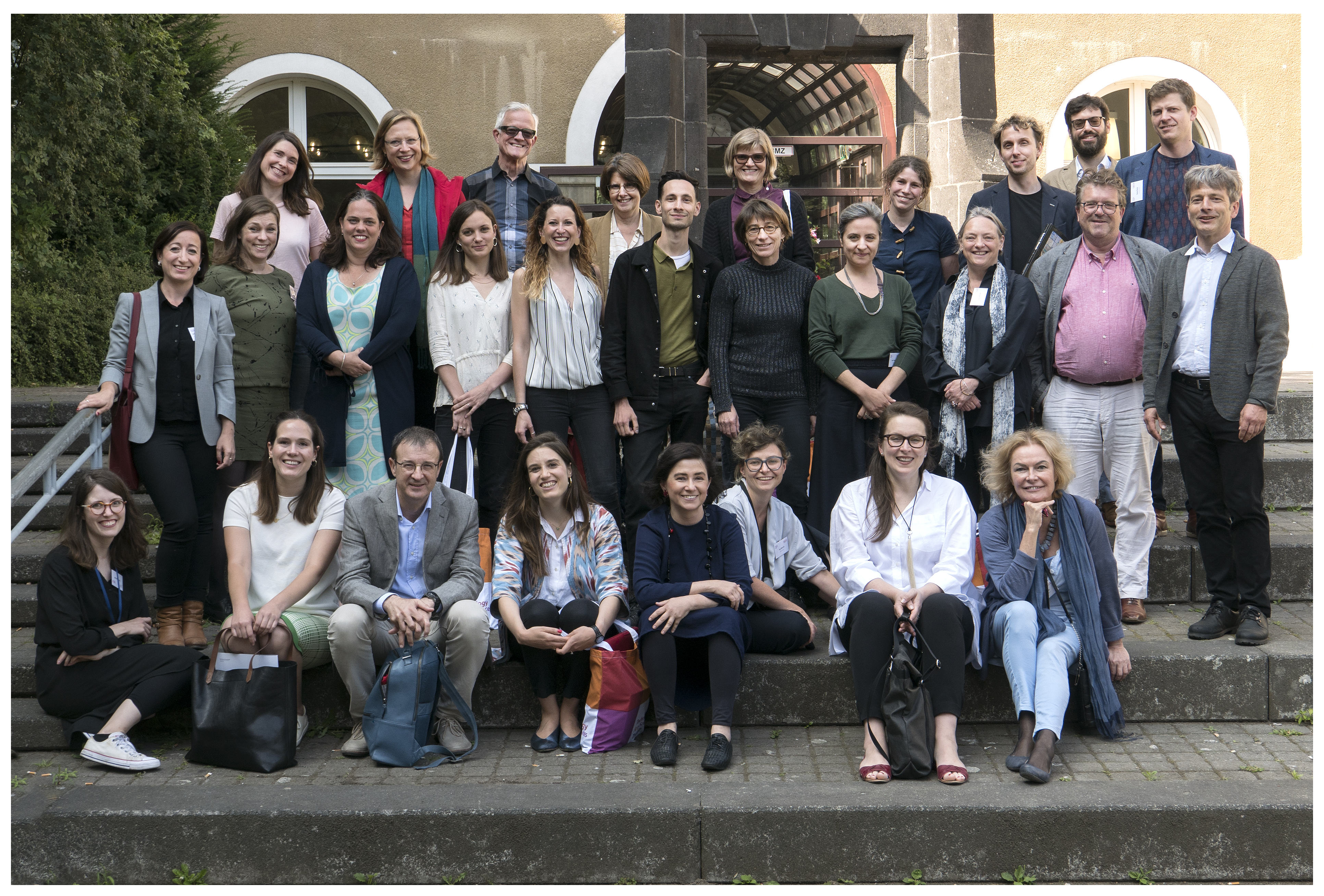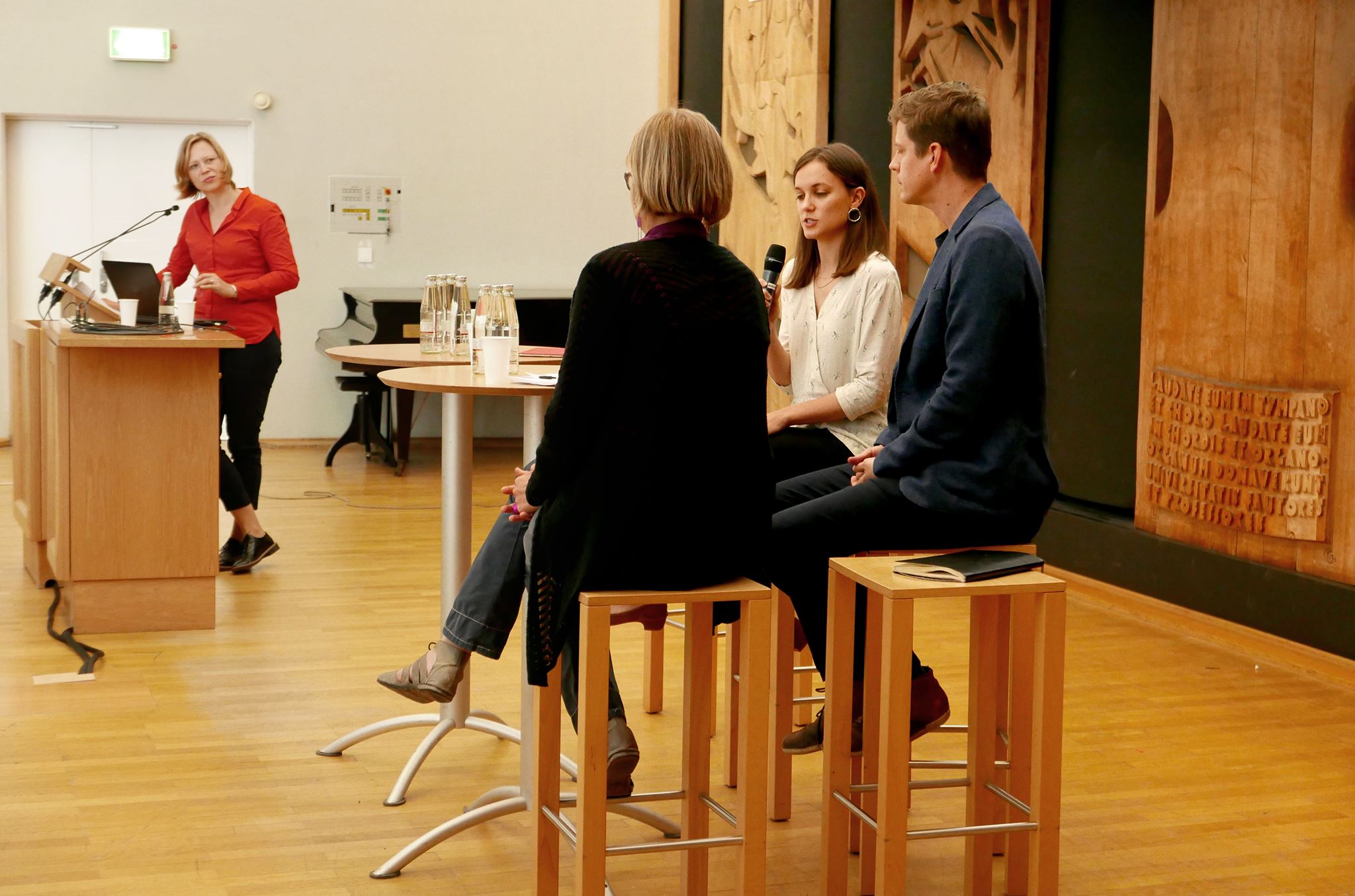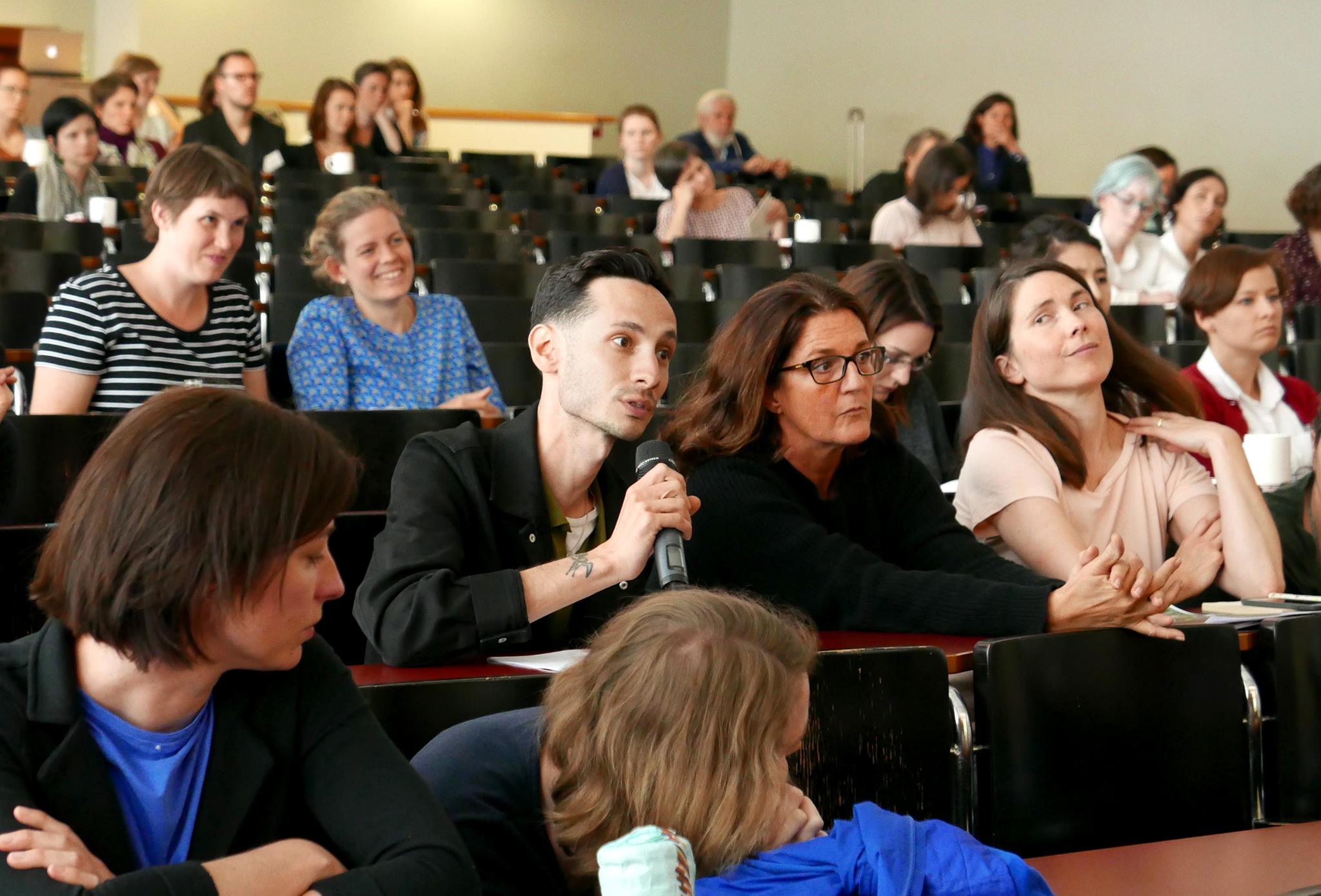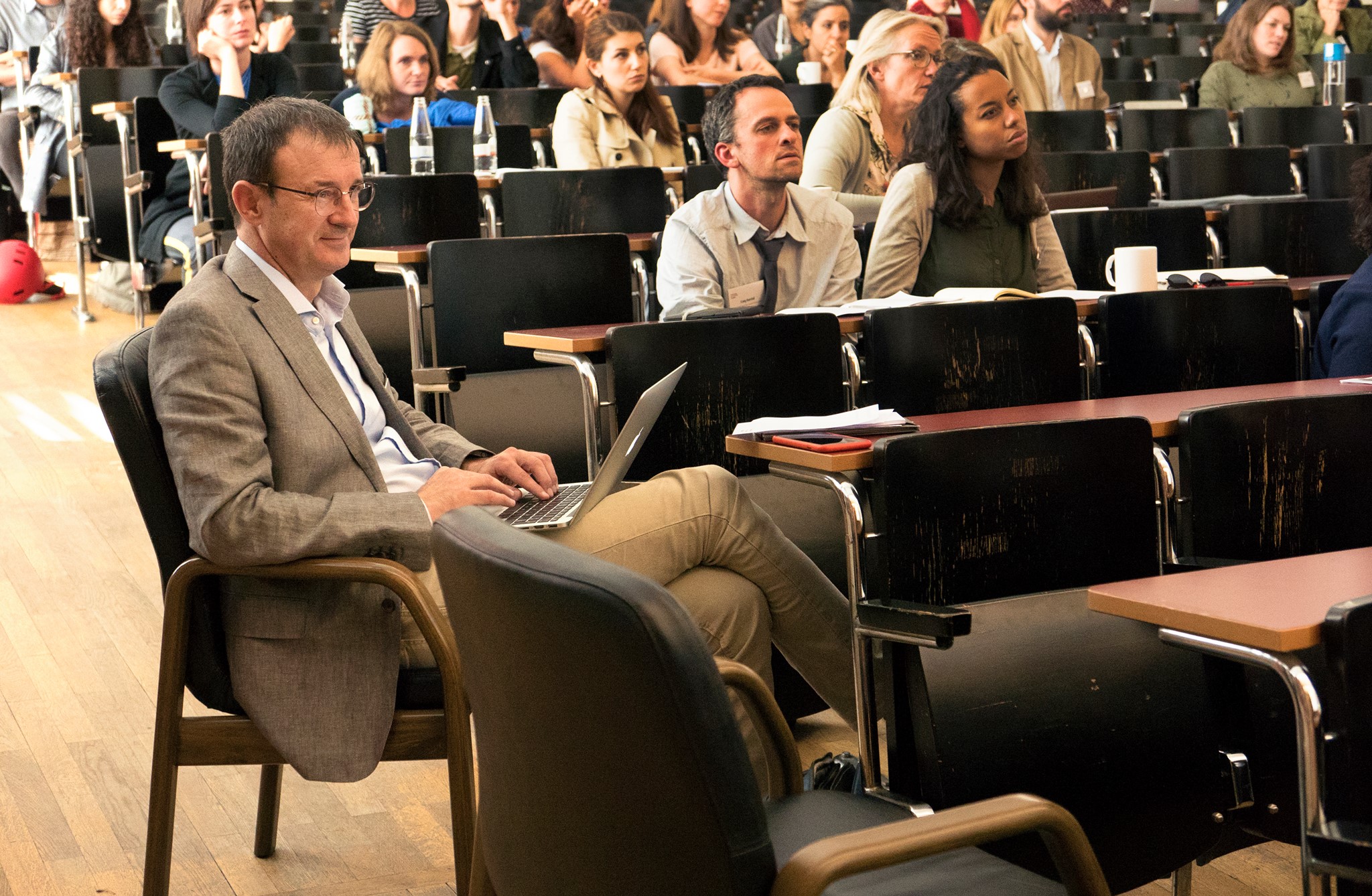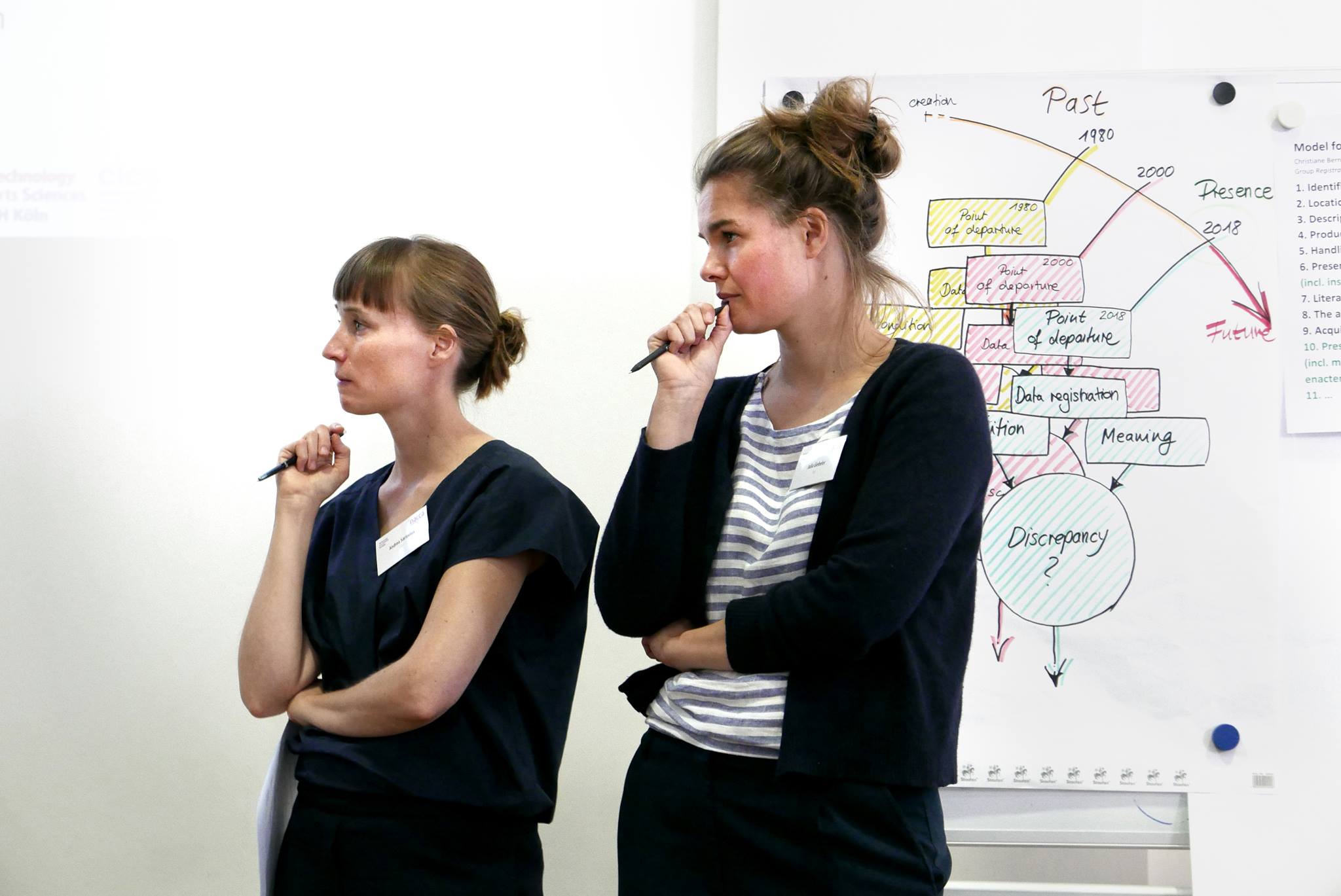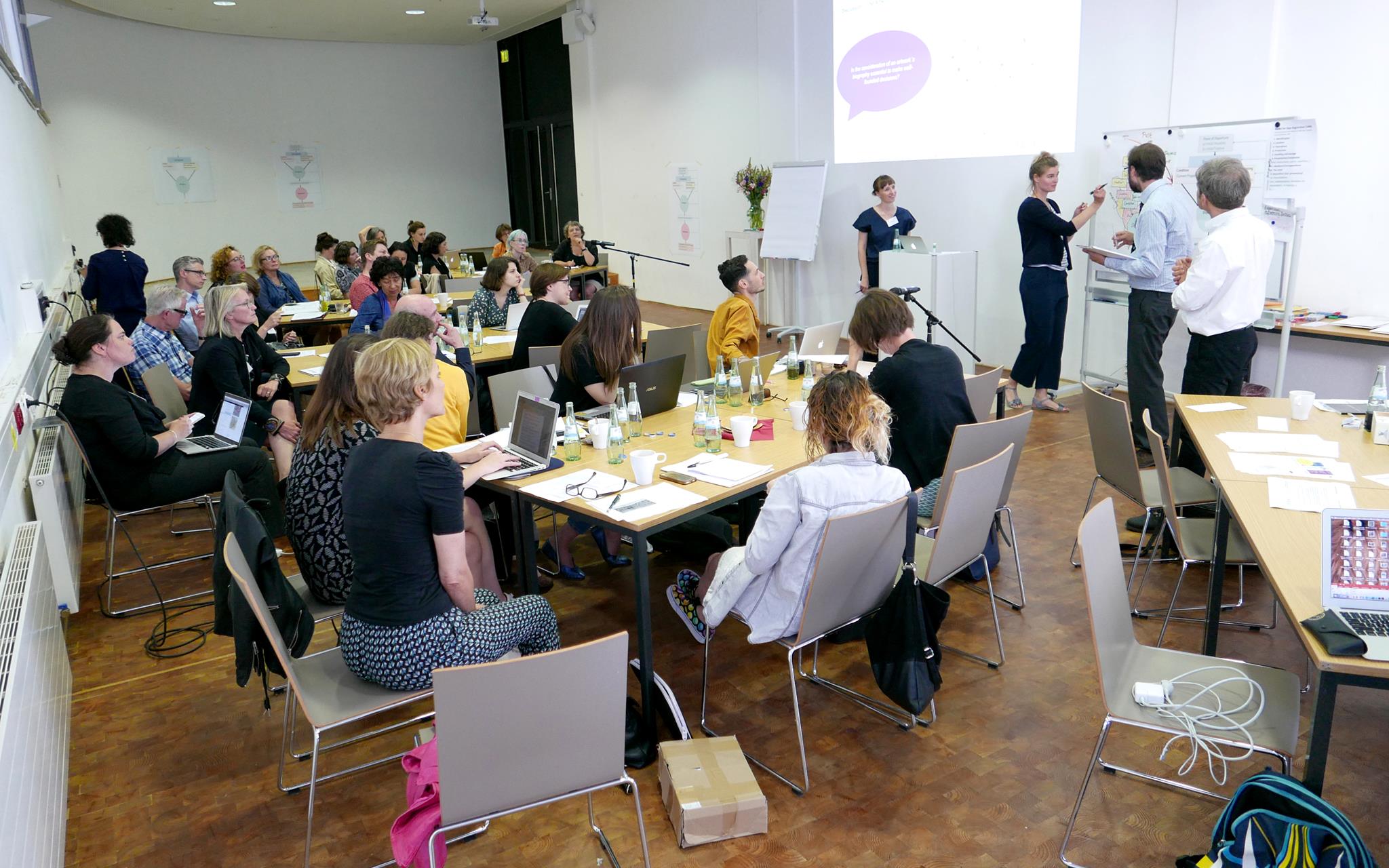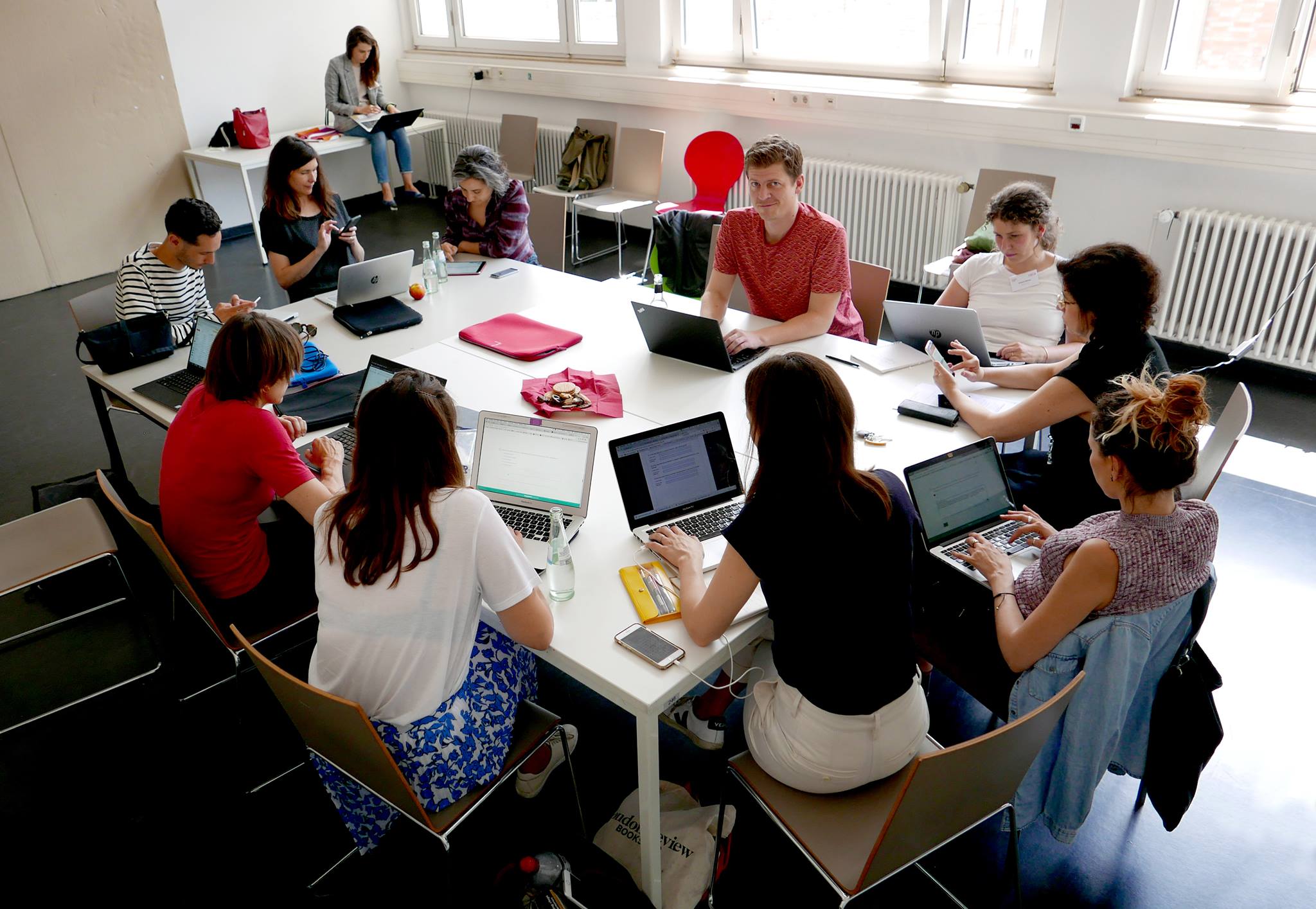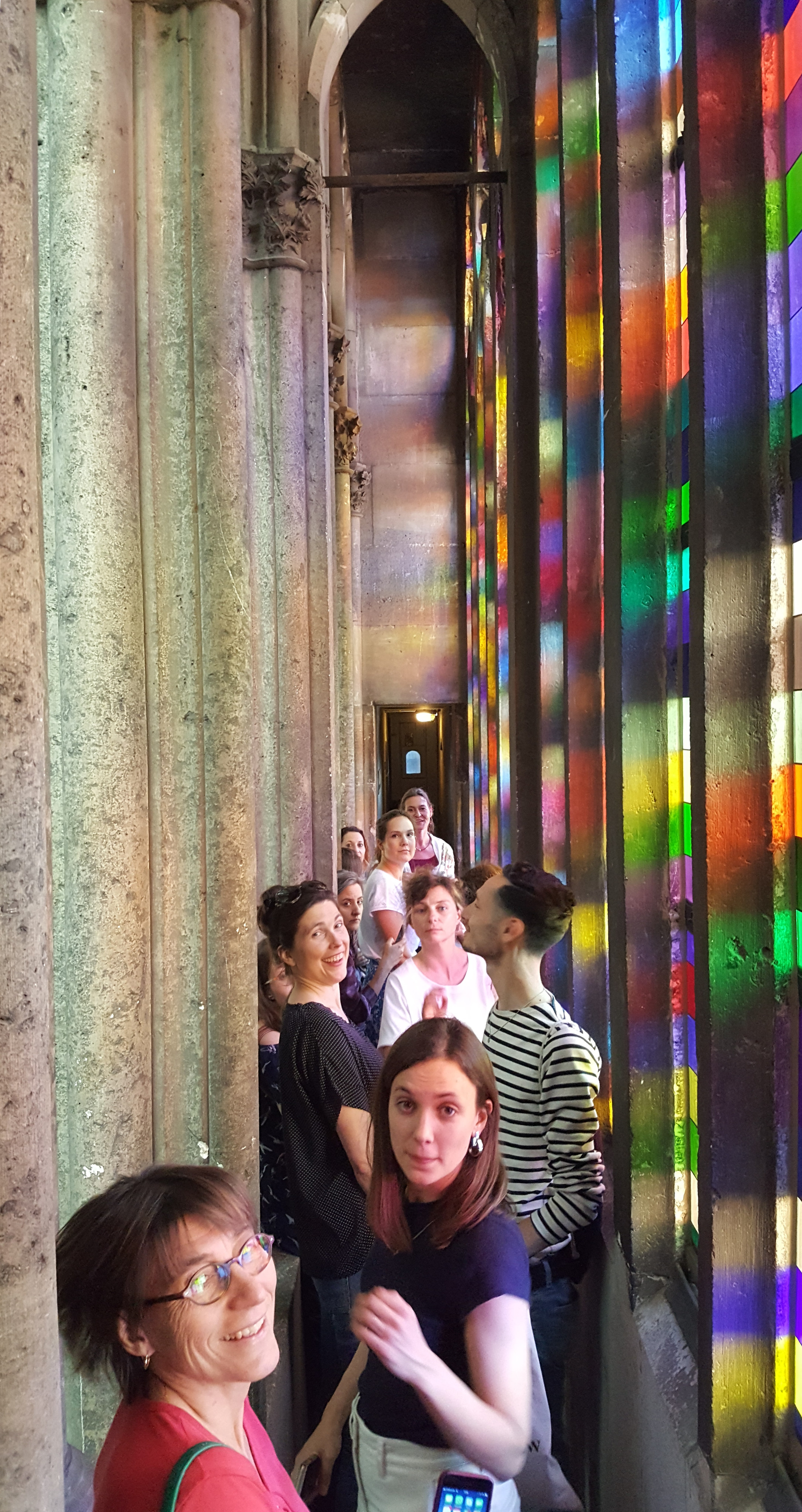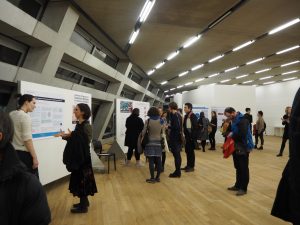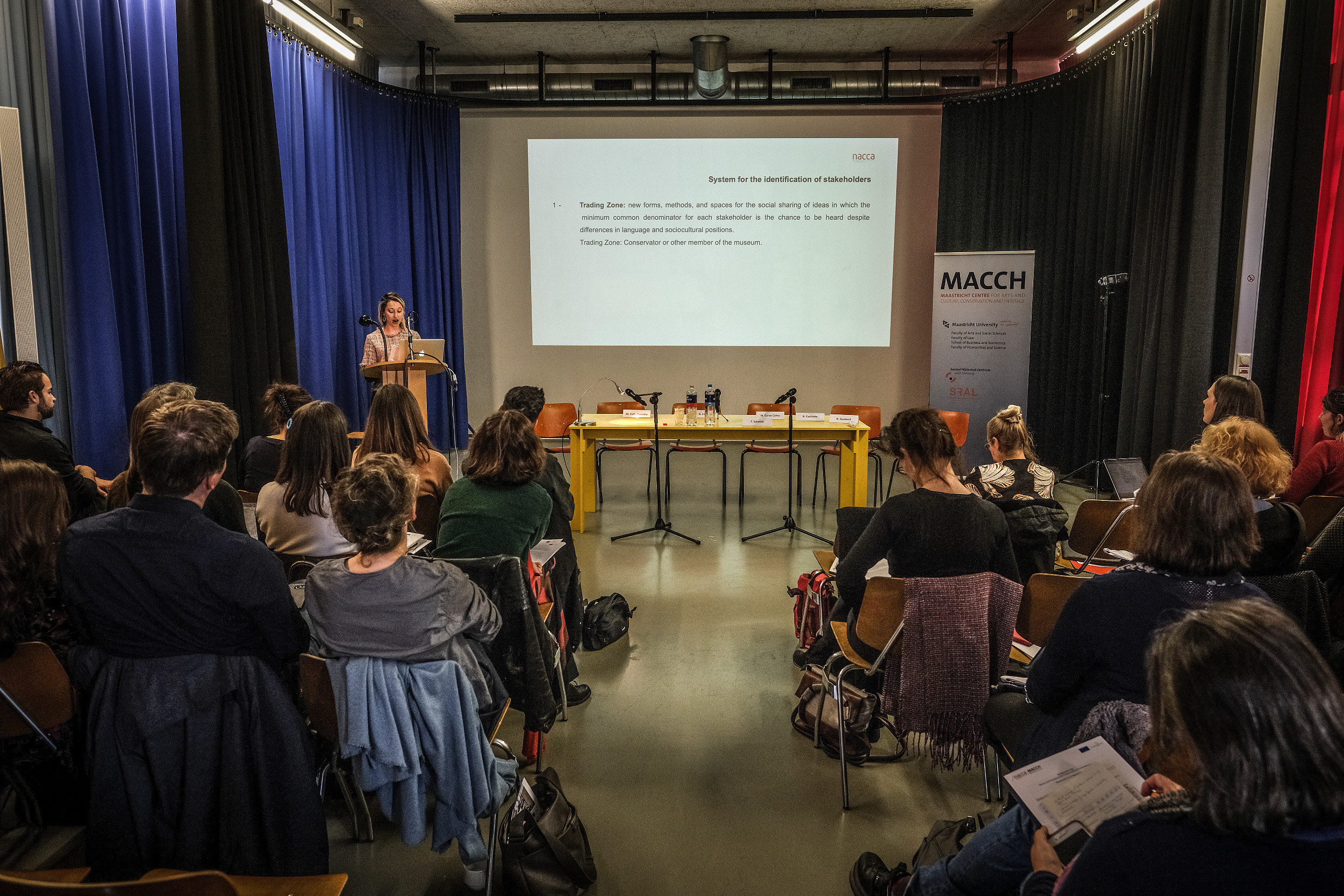
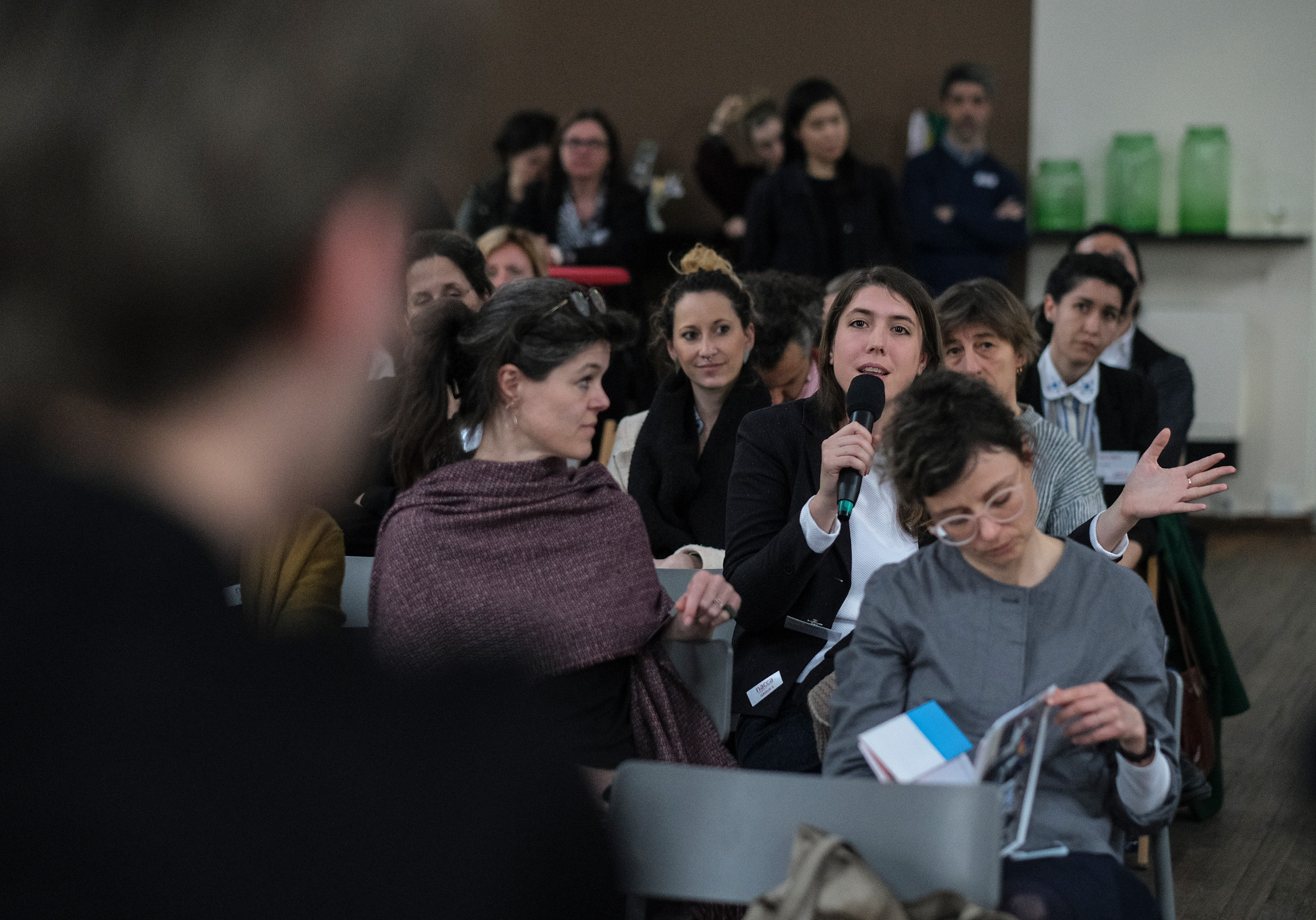
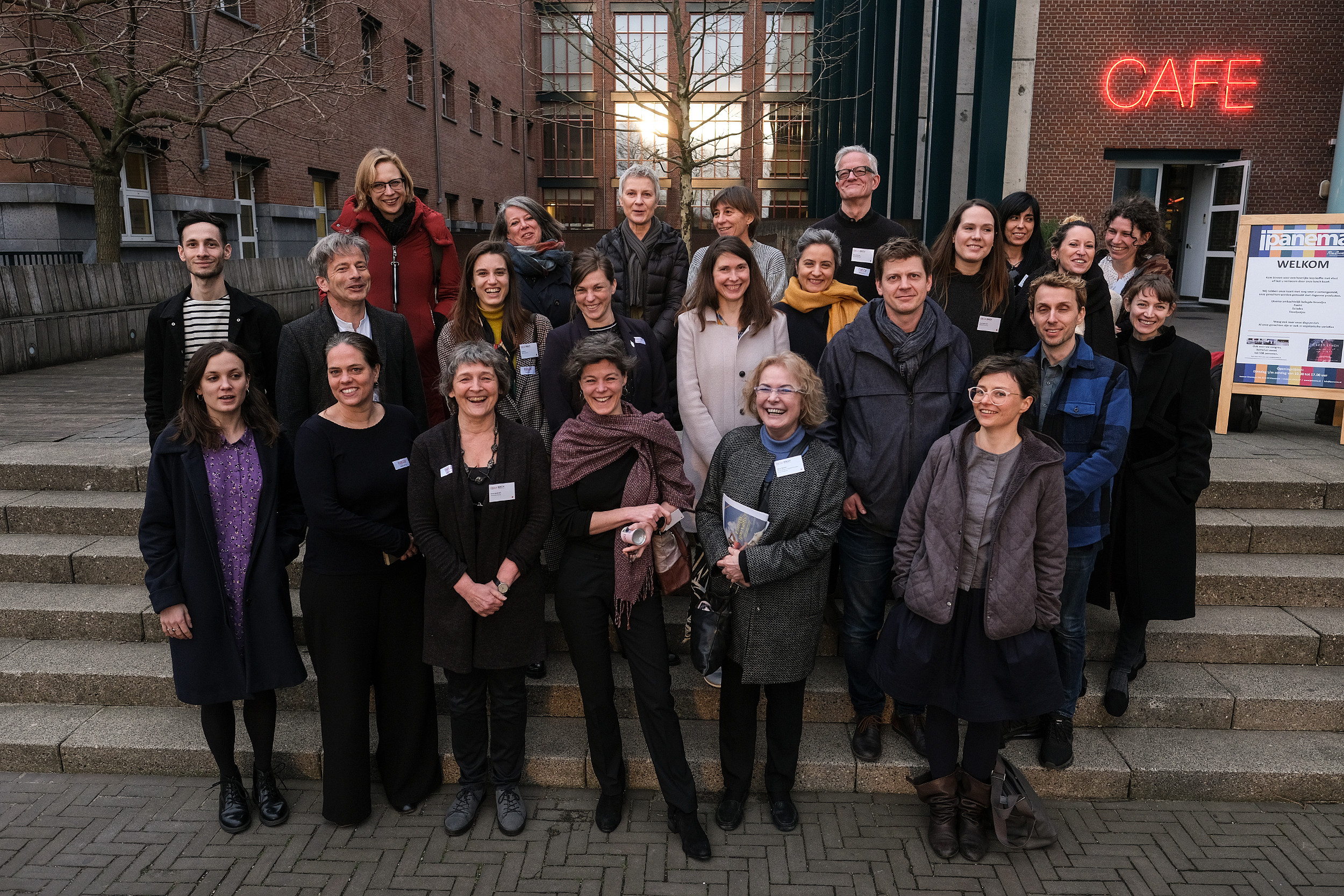
The concluding NACCA conference was a joint event in collaboration with The Maastricht Centre for Arts and Culture, Conservation and Heritage (MACCH) and the Bonnefantenmuseum, Maastricht. It took place in the inspiring setting of the Jan van Eyck Academie.
On the final day of this year’s European Fine Art Fair (TEFAF), from 24–27 March 2019, around 150 international conservators, researchers and a wide range of museum professionals and professionals in the cultural sector met to discuss new theories in contemporary art conservation, and their implementation in practice. Together with invited speakers from various professional backgrounds, the 15 NACCA PhD researchers presented their investigations.
The keynote speakers laid out paths to look upon conservation issues, providing valuable insights from different angles. Theodore Schatzki, social scientist and philosopher discussed the impact of artworks on change in society from the viewpoint of practice theory. The performance and media theorist, Gabriella Giannachi, gave a lively illustration of an ethnographic documentation of audiences and participants, and the art adviser and specialist in legacy planning Christy Maclear told stories detailing how conservation is guided and restricted by different characters and aims in the art field.
The conference was structured around six panels that addressed pressing aspects and opened up new perspectives in the conservation of contemporary art. Recurring themes in presentations and discussions included: acknowledging and identifying the role of various stakeholders in the conservation decision-making process; determining knowledge that lies outside of museums or which, when found inside the museum, challenges museum structures because of its complexity; and the challenges involved in finding ways to collaborate appropriately and effectively using interdisciplinary and transdisciplinary structures.
Two round table discussions gave room to examine the future of conservation in depth. Jill Sterrett (The Smart Museum of Art, University of Chicago) chaired the round table about future research, which asked: What are the significant research priorities now? Who is our research for and who are we listening to? What are some of the crucial bridges we need to build now? Whilst Glenn Wharton (New York University) led the table about future of training and education that asked how new theories and approaches can be effectively inserted in training programmes.
The addition of a visit to the Bonnefantenmuseum allowed the mind to drift and to settle on more visual impressions. Here participants experienced and discussed the exhibition A Posthumous Collaboration. Ine Schröder and her Archive with works by the deceased artist Ine Schröder (1951-2014), which has been restaged through an intense personal discourse by the curator Paula van den Bosch and the artist Joep Vossebeld. Another highlight was the second edition of the INCCA speed-mentoring sessions where conference participants had the opportunity to meet with esteemed professionals in the field, including Christian Scheidemann, Gunnar Heydenreich, Louise Lawson, Maike Grün, Anke Moerland, Sanneke Stigter, and Tatja Scholte (for more information see https://www.incca.org/incca-mentoring-programme).
Artemis Rüstau & Iona Goldie-Scot
Note: Another report from the conference was written by Jonathan Debik and Leonie Colditz for the Verband der Restauratoren, in German. Read the report.

